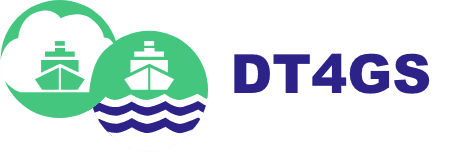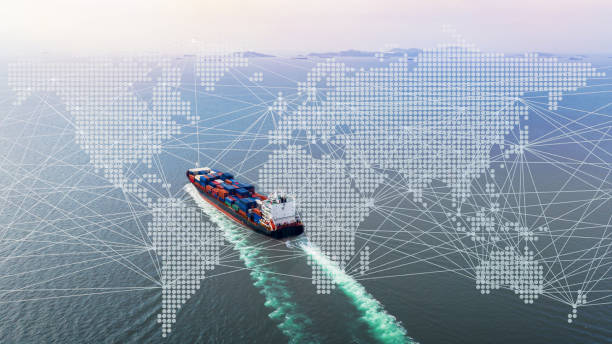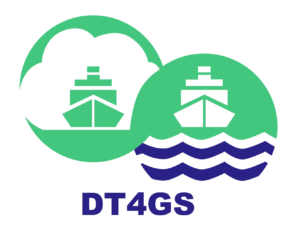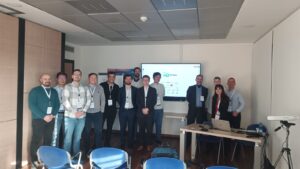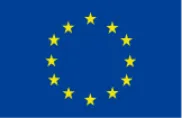The maritime industry is a vast and complex ecosystem that plays a vital role in global trade, transportation, and resource exploration. As technology continues to advance, the maritime sector has embraced various innovative solutions to enhance efficiency, safety, and sustainability. One such development is the utilisation of model libraries, which have emerged as valuable tools in the maritime domain.
Repositories of models in the maritime sector are comprehensive collections of mathematical and computational models that simulate various aspects of maritime operations, vessel behavior, and environmental conditions. These libraries consist of pre-built models, algorithms, and simulations that can be readily applied to address specific challenges and optimise decision-making processes. The primary objective of model libraries is to assist maritime stakeholders, including shipping companies, port authorities, naval architects, researchers, and policymakers, in better understanding and predicting the behaviour and performance of vessels, marine structures, and oceanographic phenomena. By utilising these models, professionals in the maritime sector can gain valuable insights into vessel design, hydrodynamics, propulsion systems, safety assessments, weather routing, and environmental impacts.
Furthermore, model libraries can incorporate numerical models related to hydrodynamics and ship resistance, allowing naval architects and engineers to evaluate the performance of vessel designs in different operating conditions. These models help in optimizing hull shapes, propulsion systems, and energy efficiency, thereby reducing fuel consumption and environmental footprint.
In addition to vessel-related models, the maritime sector’s model libraries may also encompass models that simulate oceanographic phenomena, such as tidal currents, storm surges, and coastal erosion. These models enable coastal planners, port authorities, and offshore operators to assess potential impacts, plan infrastructure developments, and make informed decisions to mitigate risks associated with changing environmental conditions.
The development and maintenance of model libraries in the maritime sector requires the collaboration between industry stakeholders, research institutions, and government bodies. These libraries are continuously updated and refined based on new data, research findings, and technological advancements, ensuring their relevance and accuracy over time.
Read the full report here.
DT4GS has received funding from the Horizon Europe framework programme under Grant Agreement No 101056799.
